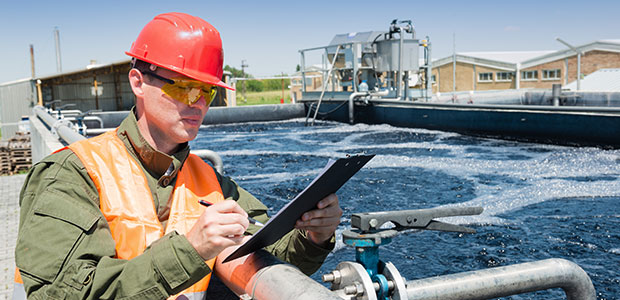
Automated wastewater treatment systems help manufacturers remain in compliance with EPA and local standards while significantly reducing the cost of treatment, labor and disposal.
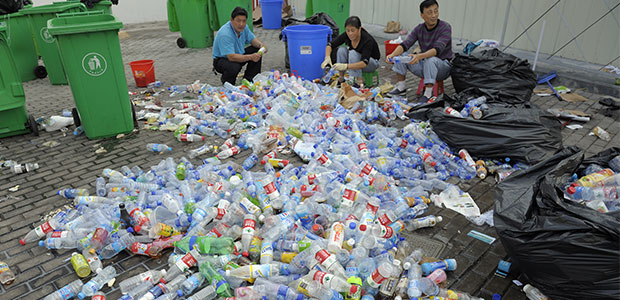
Here’s how recycling has changed in all 50 states since changes in China’s waste import laws—and what we should do about it.
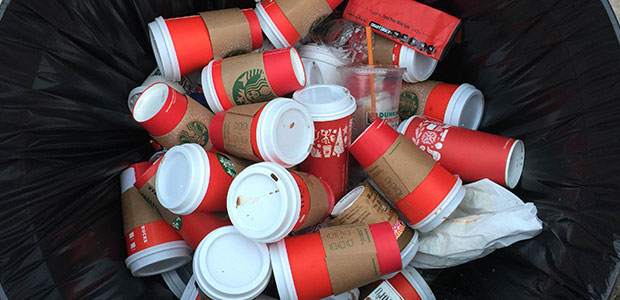
One of the world’s biggest caffeine providers is now focused on making its water and carbon footprint a lot greener.
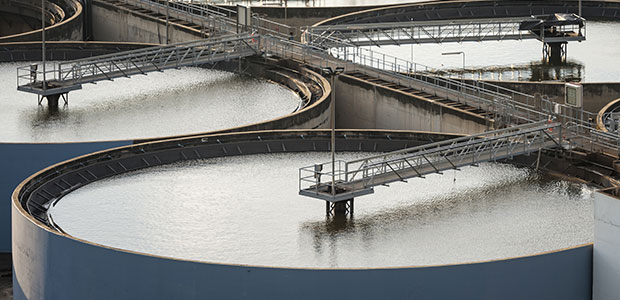
An oil-catching sponge could soak up residue from offshore drilling.
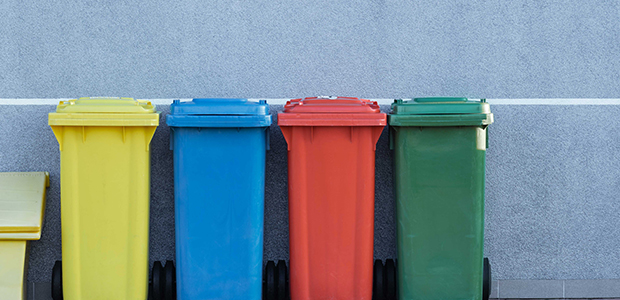
It may seem as though you can finish with any plastic item and throw it into the recycling bin when you're done. Not so fast—surprisingly, not all plastics can be reused.
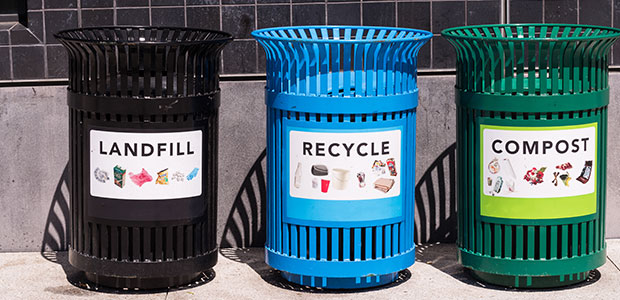
Food waste is a bigger conversation than that spinach-gone-bad in the back of your fridge. Food waste is a massive, systematic problem, and cities are finally doing something about it.

This Thanksgiving, families across the country will be filling their bellies with good turkey—but they’ll also be clogging their drains with grease. Here are some ways to avoid “fatbergs” before they damage your drains and cause bigger environmental issues.

As of Oct. 30, the Winning on Reducing Food Waste Initiative launched by three federal agencies is making major strides in the food industry to address the widespread issue of wasted food products. Here’s what it’s all about.

Now, that hard-to-recycle baby food packaging from Gerber can be put to good use. Through TerraCycle’s mail-in system, consumers can give new life to baby food packaging.
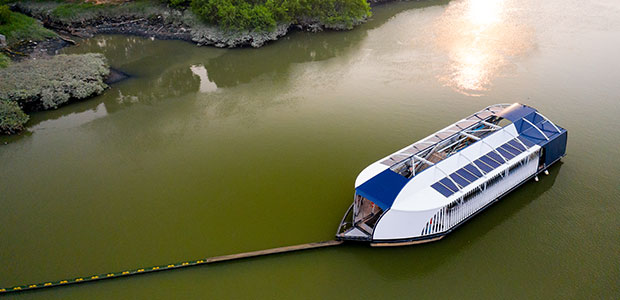
Dutch non-profit called The Ocean Cleanup just launched the Interceptor—a kind of autonomous, water vacuum to collect trash and plastic before it reaches the ocean. This massive cleanup effort is part of its overall goal of lessening plastic waste worldwide.
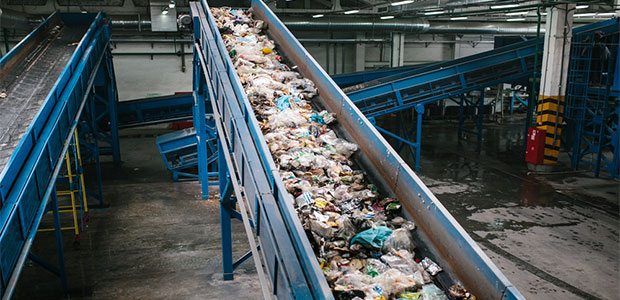
As of September 27, OSHA signed an alliance with the National Waste & Recycling Association (NWRA) and Solid Waste Association of North America (SWANA). The goal? To better protect workers in the waste industry.

Trump’s EPA recently accused San Francisco of violating the Clean Water Act. Not only do local officials deny the claims, but they said it’s a fraudulent attack from Trump on the Democratic California state.
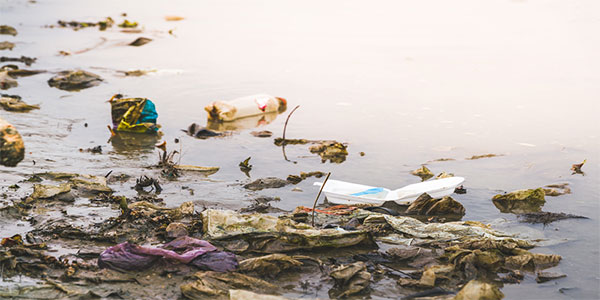
Applications for funding for waterway trash reduction projects for the Gulf of Mexico are due no later than November 22, 2019.
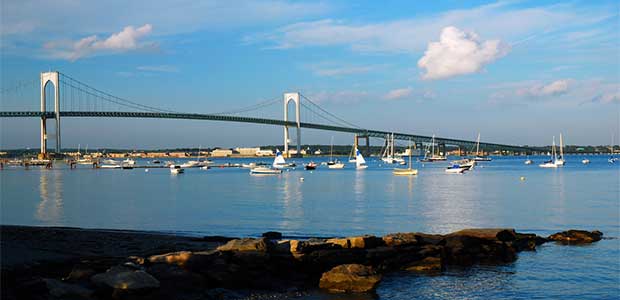
Last week, the EPA announced a WIFIA loan to the Narragansett Bay Commission (NBC) to help reduce pollutant discharges into Narragansett Bay. The first of its kind in New England, the loan will help protect public health and ecosystems as a part of the Combined Sewer Overflow (CSO) Phase IIIA Facilities Project.
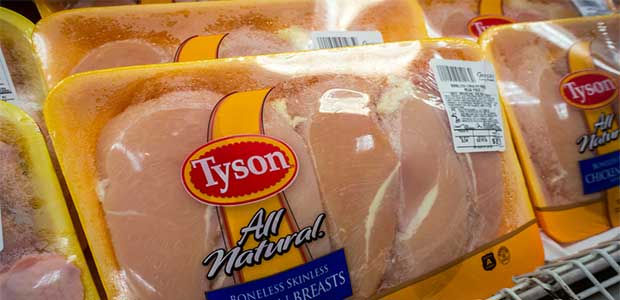
After Tyson’s Alabama facility spilled treated wastewater into the Black Warrior River, thousands of fish died as a result. Now, the river is practically lifeless.
5.22 million gallons of sewer water overflows into Maryland's Broad Creek.
The proposal would implement natural attenuation in a contaminated state superfund site that originates in Auburn, New York.

The U.S. Environmental Protection Agency is proposing changes related to utility coal as sites such as eliminating the tonnage limit, merging onsite and offsite coal ash definitions and increasing transparency for utility groundwater filings.
A Nuclear Regulatory Commission Atomic Safety and Licensing Board will hear oral arguments on petitions for an adjudicatory hearing on Interim Storage Partners' license application for an interim facility to store spent nuclear fuel in Andrews County, Texas.
According to DOE, the revised interpretation, "if implemented through subsequent actions," could provide a range of benefits to both DOE and the public.